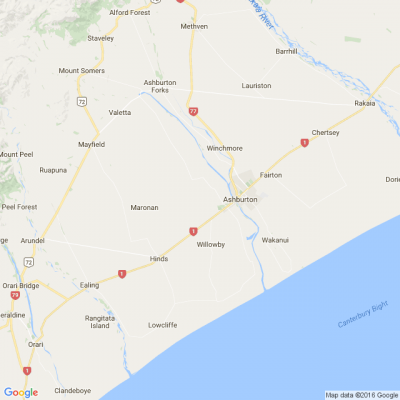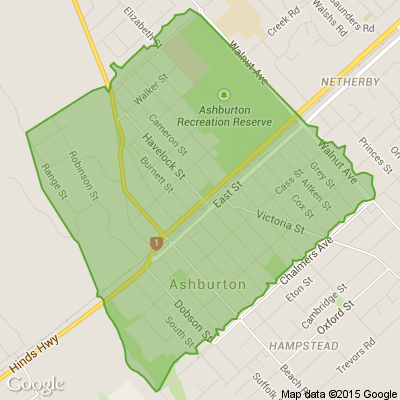Rates rises jump nationwide, but Ashburton at lower end
By local democracy reporter Jonathan Leask:
Looking around the country, the Ashburton District's proposed 9.9% rate rise next year is on the lower end of the spectrum.
Local Government New Zealand (LGNZ) collated the planned rate rises of 48 of the country's 78 councils to determine Kiwi homeowners are facing an average rate rise of 15% over the coming year - and there is no sign of relief in sight.
Ashburton mayor Neil Brown said the 2024-25 budget focused on core infrastructure.
“We are spending a lot more money on roads and water but what we are getting caught up on is the three I’s – inflation, interest and insurance.
“We are spending more and more on roading, but we are not getting any better level of service for it because of the inflation.
“People will see the same when they go to the supermarket and are paying a lot more to get the same.”
The draft long-term plan goes before the council for adoption on Wednesday, opening consultation with the community and starting the conversation with if the plan is right, should there be cuts, or do they want more, Brown said.
While Ashburton is proposing a 9.9% increase, Buller District Council is looking at a whopping 31.8% rise.
Hamilton is proposing a 19.9% rise, Dunedin City Council 17.5% and Whangārei 17.2%.
In Canterbury, Environment Canterbury is consulting on a hefty 24.2% average rate rise.
LGNZ commissioned a report from Infometrics principal economist Brad Olsen to show why rates were rising so much.
The report showed that between 2002-22, the average rate rise was only 5.7% per year, but averaged 9.8% in 2023.
It found over the past three years, roads and water supply systems are 27% more expensive to build.
The increases are larger than inflation has been in recent years, Olsen said.
There was a difference of up to 20% between what projects were expected to cost when planned and what they cost now.
"To put that in perspective, if a council had five $20 million projects [in its] last long-term plan, they would now have to cut one of those entirely to pay for the cost escalation on the other four."
LGNZ vice-president and Lower Hutt mayor Campbell Barry said councils were having to grapple with what projects to prioritise.
“Councils are acutely aware they need to balance the need for investment with affordable increases but the pressure has reached tipping point.”
It is time to get serious about ways to pay for local infrastructure that does not involve going deeper into ratepayers' pockets, Barry said.
He said a share of GST on housing growth, which had been put forward by the government, would also help - but by itself it was not enough.
Poll: Should the government levy industries that contribute to financial hardship?
As reported in the Post, there’s a $30 million funding gap in financial mentoring. This has led to services closing and mentors stepping in unpaid just to keep helping people in need 🪙💰🪙
One proposed solution? Small levies on industries that profit from financial hardship — like banks, casinos, and similar companies.
So we want to hear what you think:
Should the government ask these industries to contribute?

-
59.8% Yes, supporting people is important!
-
25.9% No, individuals should take responsibility
-
14.4% ... It is complicated
A Neighbourly Riddle! Don’t Overthink It… Or Do?😜
Do you think you know the answer? Simply 'Like' this post if you know the answer and the big reveal will be posted in the comments at 2pm on the day!
If you multiply this number by any other number, the answer will always be the same. What number is this?

Have you got New Zealand's best shed? Show us and win!
Once again, Resene and NZ Gardener are on the hunt for New Zealand’s best shed! Send in the photos and the stories behind your man caves, she sheds, clever upcycled spaces, potty potting sheds and colourful chicken coops. The Resene Shed of the Year 2026 winner receives $1000 Resene ColorShop voucher, a $908 large Vegepod Starter Pack and a one-year subscription to NZ Gardener. To enter, tell us in writing (no more than 500 words) why your garden shed is New Zealand’s best, and send up to five high-quality photos by email to mailbox@nzgardener.co.nz. Entries close February 23, 2026.







 Loading…
Loading…